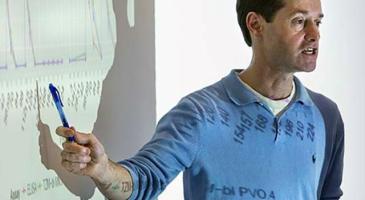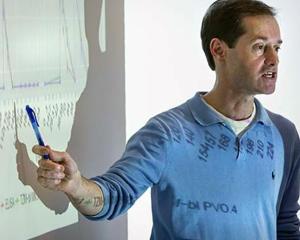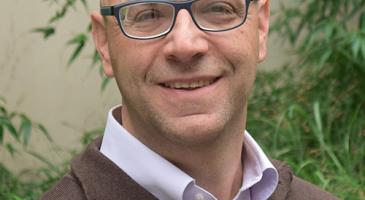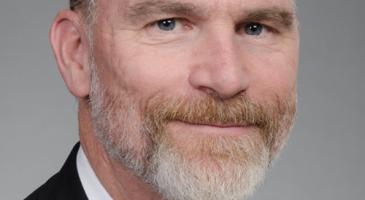Robin Nance, UW Biostat grad (MS ’04) and current doctoral student in epidemiology, is among the lead authors of this new study. She's credit with helping to develop the statistical models "that formed the backbone of the paper.”
In the News




There is a new, innovative approach to dengue vaccine development, according to a paper published Aug. 20 in the Proceedings of the National Academy of Sciences.


Researchers at the Max Planck Institute for Evolutionary Anthropology in Leipzig, Germany, recently announced that they’d found something quite surprising: the bones of a child who had a Neanderthal for a mother and a Denisovan for a father. Sharon Browning, a professor of biostatistics and a statistical geneticist at the University of Washington, says the finding was "like catching something as it's happening."


UW Biostatistics researchers Ellen Wijsman and Kenneth Rice contributed to this study relating to similar gene variations in psychiatric brain disorders.


Asked to help re-examine clinical trial data, Fred Hutch biostatisticians foresee a new era of personalized vaccines.


Adam Szpiro, associate professor of biostatistics at the University of Washington School of Public Health, has received a $110,176 grant from the Environmental Defense Fund, Inc. to produce fine-scale maps at an hourly time scale of ambient black carbon levels across West Oakland, California.


Dr. Mary Emond, a UW Department of Biostatistics faculty member is featured in this story highlighting research that has pinpointed genetic variants that markedly increase HIV infection risk among people exposed to the virus.


Patrick Heagerty is part of a team of investigators from the University of Washington has received a five-year, $3.75 million grant from the National Institutes of Health (NIH) to establish a Core Center for Clinical Research (CCCR) to support diverse research efforts to effectively diagnose and treat musculoskeletal conditions.